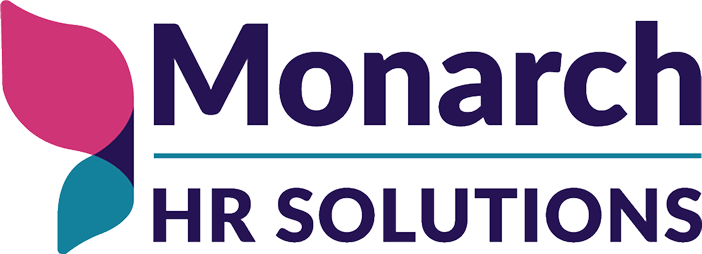By Kimberly Kafafian
The state of an employee’s mental health can impact many aspects of an organization, from productivity and collaboration, to safety and turnover. Simply put, the mental health of a workforce plays a key role in a business’s bottom line. So placing mental wellbeing at the heart of workplace policies is just good business. As U.S. Surgeon General Vivek Murthy, MD noted, a mentally healthy workforce is the foundation for thriving organizations.
Throughout my career, I have noticed first-hand the benefits businesses reap when they develop strategies and policies with a mental health focus. If you’re still on the fence about how much energy to put in this area, hopefully, the list below will sway you to make mental health initiatives a priority.
The Rewards of Prioritizing Employee Mental Health
Improved Productivity and Innovation
Mentally healthy workers tend to be more productive, communicative, and creative. Good decision-making, effective collaboration, and innovative thinking requires the ability to focus. Someone who is burned out or struggling with a mental health challenge is more likely to be distracted and withdrawn, which can result in lackluster contributions, missed deadlines, poor communication or miscommunication, mistakes, and lower performance – all of which impact profits.
Lower Turnover
Today’s workers want a better work-life balance. Since the pandemic, employees are placing a greater emphasis on working for companies that care about their mental health. Employees who don’t feel consistent mental health support from their employer are 5.5 times more likely to have plans to quit their job. By demonstrating your commitment to workplace mental health, you are boosting retention rates.
Decreased Risks & Liabilities
When businesses invest in mental health, they experience lower absenteeism, better engagement, and higher performance. This, in turn, reduces errors and safety violations related to inattention or failing to put full effort into tasks, which decreases risks and legal exposure.
Reduced Costs
According to a Gallup survey, poor worker mental health costs the US $48 billion per year. This is attributed to collective missed days. The number does not distinctly reflect decreases in productivity and innovation, increases in turnover, or greater liabilities that result from poor workplace mental health. Effective mental health initiatives help curb such losses.
Tips for Supporting Workplace Mental Health
- Be Flexible – Allow employees to work flexible hours, work from home, or follow a hybrid working schedule.
- Provide for Routine Check-Ins – Require leaders to routinely meet with team members to gauge how they are handling work loads, if assistance is needed, whether feeling overwhelmed, etc.
- Offer Mental Health Benefits – Be sure that your benefits packages include accessibility to robust mental health services.
- Encourage Utilizing PTO – Promote mental wellbeing by pushing employees to take PTO to recharge and refresh
By centering workplace policies around mental health, businesses can boost employee potential and the bottom line.

